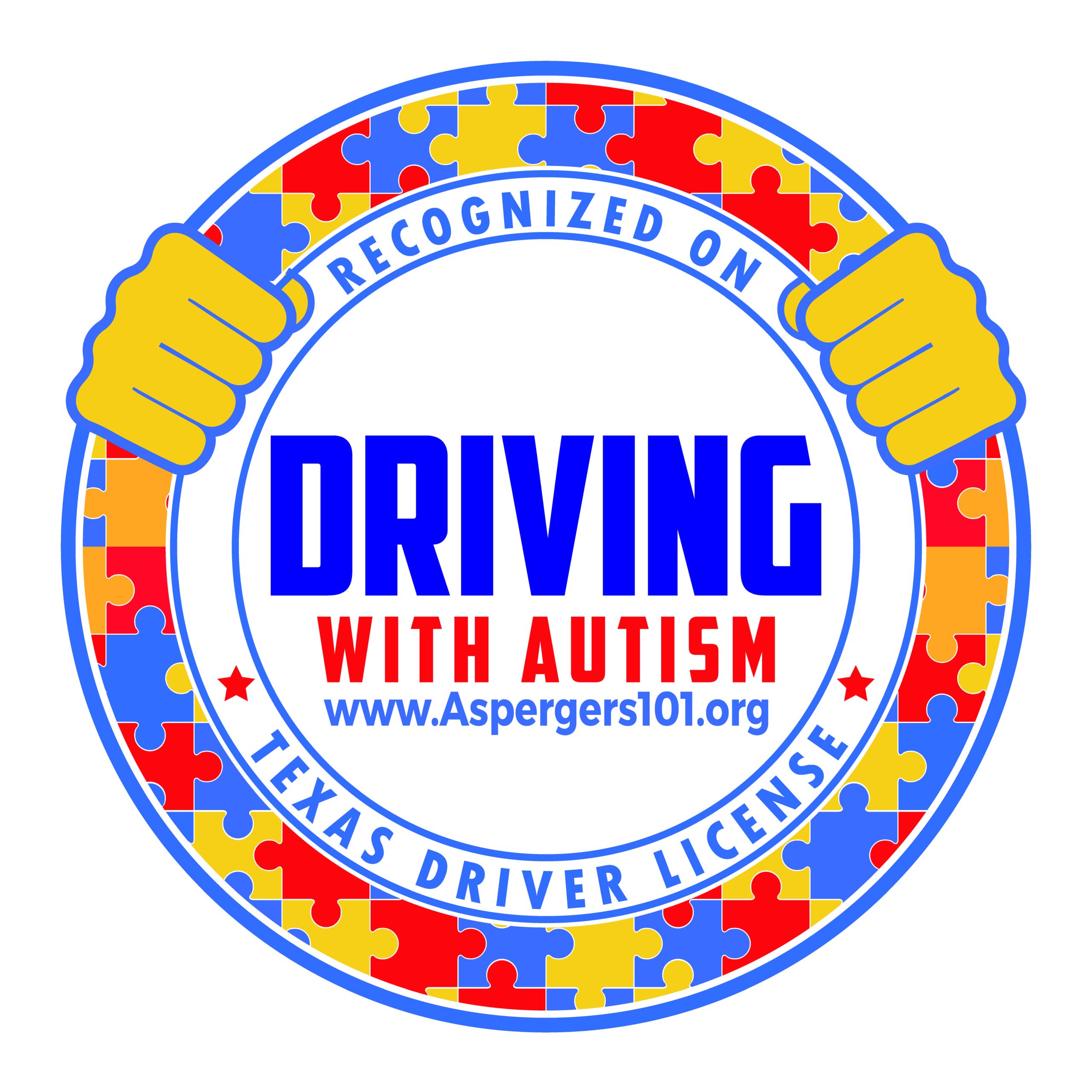Concerns About Solitary Sons with Aspergers
My son, now 30yrs old has had difficulties since childhood, and we know he has Aspergers. During his teens he was extremely angry and sad but he came through this period. Today he lives independently, has his own home and car but for the past year he has not spoken at all to anyone. His life is restricted to his job, which is in jeopardy because of his refusal to speak to his co-workers. He was visiting me on Sunday but now that has ended. He literally speaks less than a “Yes” or “No” to anyone. We have been to social service, doctors, clinicians, speech therapists, psychologists, and he refuses to see any of them. Everything I read online is about children. Any advice?
-Doug
Ken Kellam III was diagnosed with Asperger Syndrome in his late 30’s, and has worked with Autism Treatment Center of Texas since 2003. He is currently the administrative assistant to the clinical director. He also helps facilitate three different self-advocate groups, and in the Spring of 2015 was presented with the “Angel Award” by the National Autism Association of North Texas for the works he has done with these groups. He has also done public speaking on the subject of autism/Asperger syndrome, and has spoken to various educational and parental groups. When not involved with autism, Ken has led the singing at the same church since 1988, and has also been the fill-in preacher at this same church. In 2006 he was called on to sing the National Anthem at the Autism Society of America’s national convention in Dallas, and performed the same song at ATC’s rodeo fundraiser. He also enjoys writing, and formerly wrote articles for a website dedicated to reality television. In 2011 he got married for the first time, and his wife Rachel works for ATC in Adult Services. Ken graduated from Oklahoma Christian University in 1987 with a Bachelor’s in Mass Communications, and once worked as a radio traffic reporter, interactive announcer and writer, and news producer in Dallas. He views Asperger’s as a difference, not a defect, and has come to appreciate the positive aspect’s of Asperger’s.





















